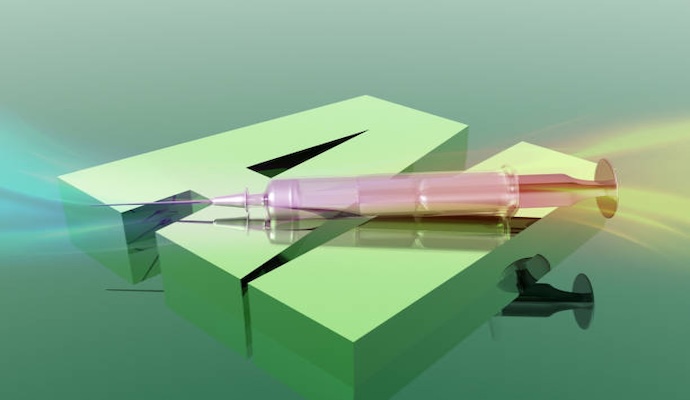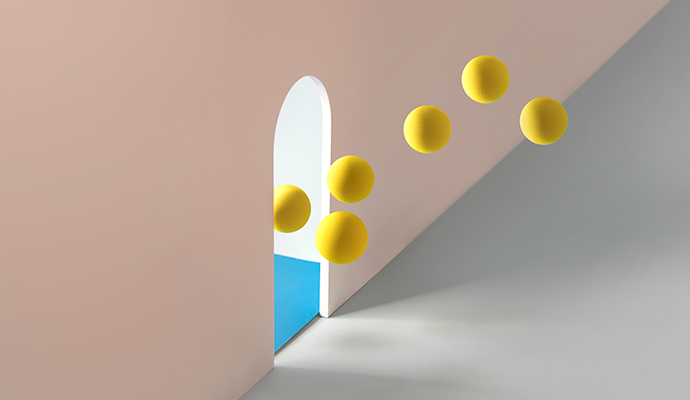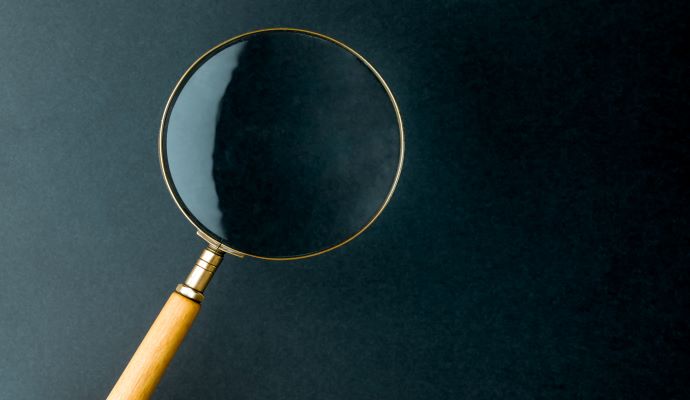Hospice plays a critical role in providing care and comfort to patients at the end of their life. A challenging time for patients and their loved ones, hospice care relies on coordinated efforts from various experts, including physicians, nurses, social workers, and spiritual advisors, according...
[HealthCareExecIntelligence]

UHG reports losses after cyberattack, providers warm up to AI
[PharmaNewsIntelligence]

NIH researchers develop AI tool for personalized oncology
[HealthPayerIntelligence]

FDA approval of Wegovy expands coverage access for Medicare beneficiaries
[HealthITSecurity]

Third-party tracking tech lawsuits surge in healthcare
Do Not Sell or Share My Personal Information
©2012-2024 TechTarget, Inc. Xtelligent Healthcare Media is a division of TechTarget. All rights reserved. HealthITAnalytics.com is published by Xtelligent Healthcare Media a division of TechTarget.